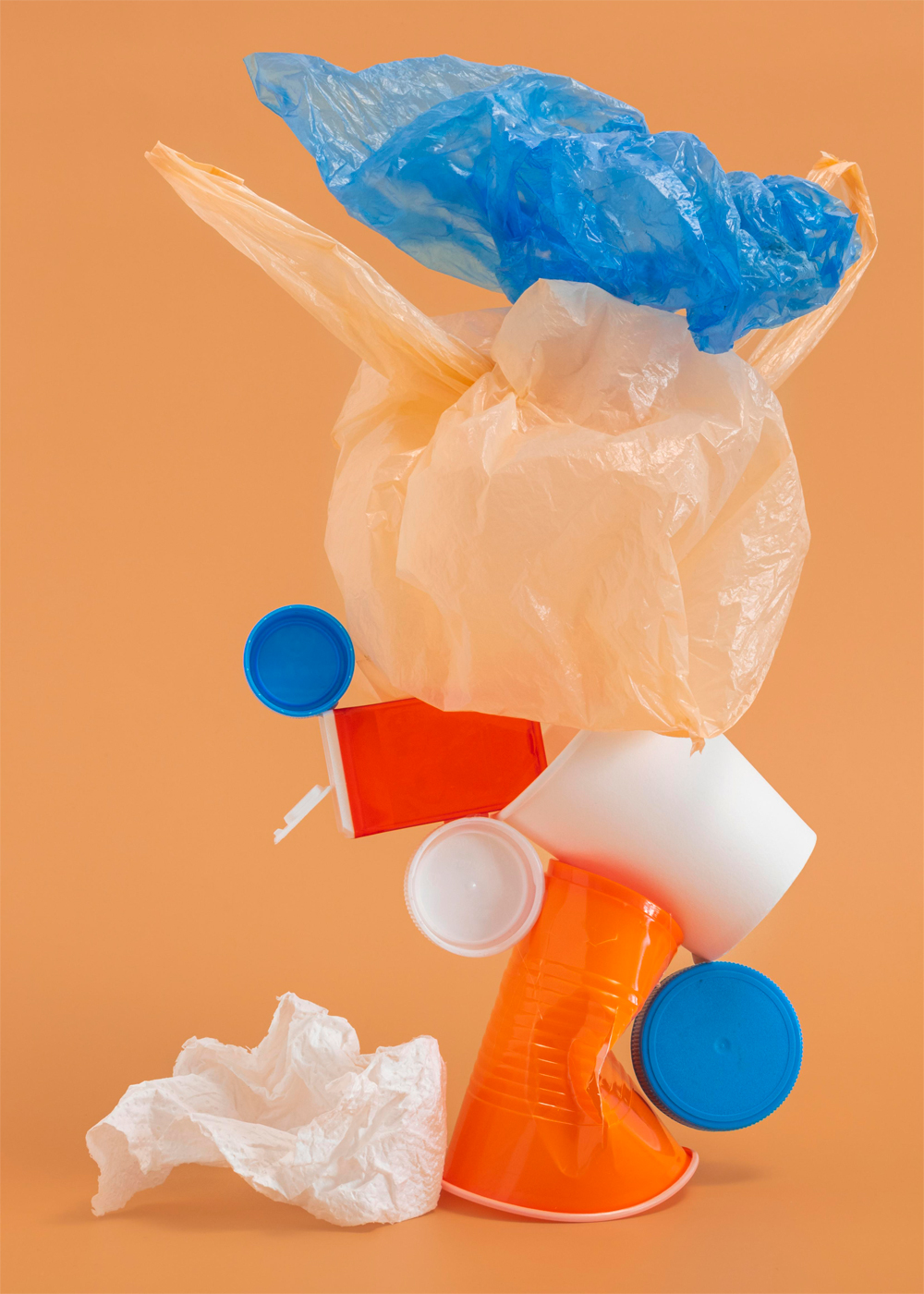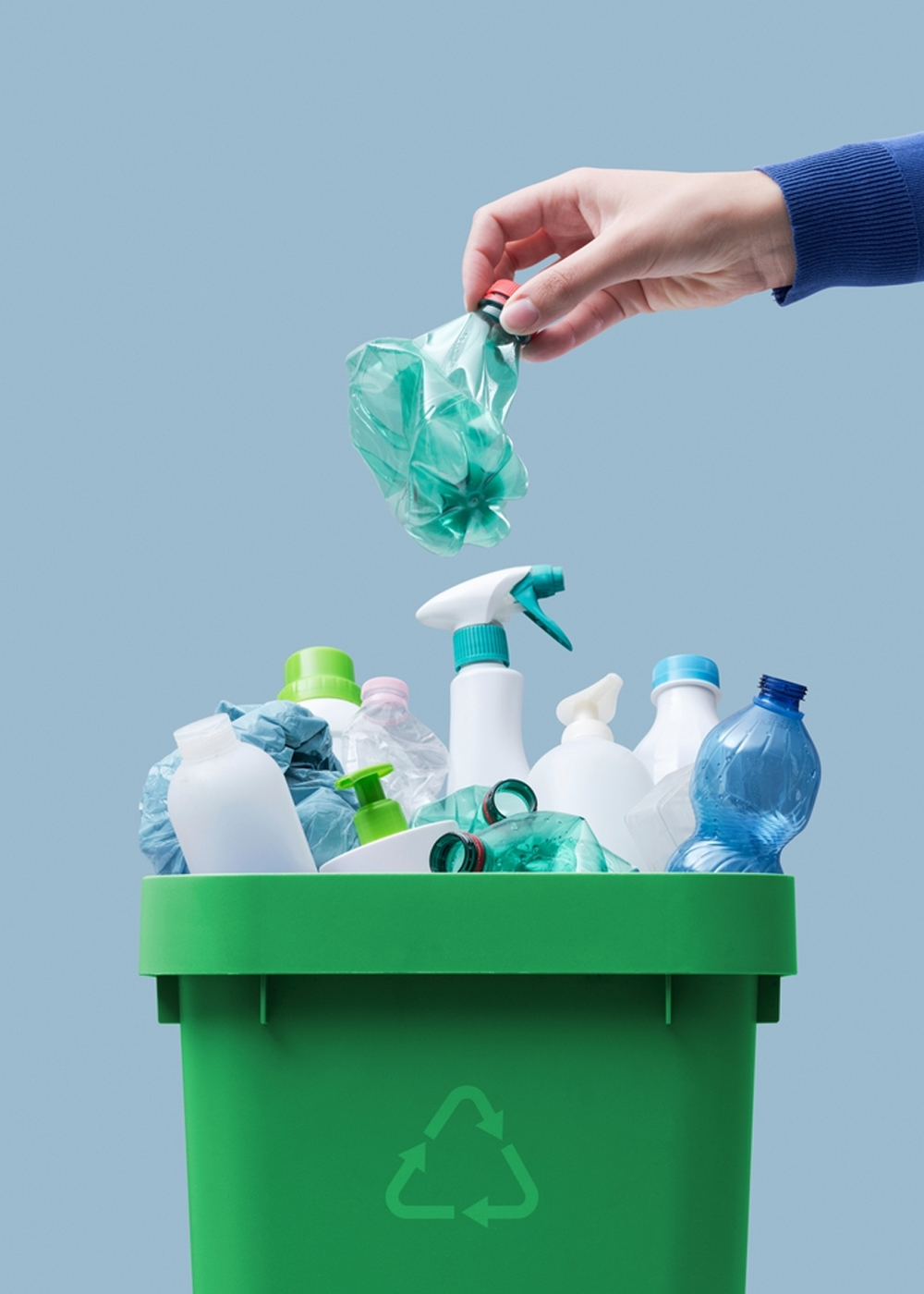- 011-27812225
- Info@bidyagroup.com
Food processing industrial waste comprises of expired and/or rejected processed food materials. These can be from confectionery industry, snacks and ready food manufacturing industry, food storage industry, beverages industry and so on. At Bidya Waste Recycling, these are subjected to segregation to separate the plastic packaging and organic materials. We then attempt maximum possible extraction of organic material. The extracted materials are then sent for briquetting or composting, depending upon the calorific value/moisture content of materials. Most of all, we ensure that the packaged foods are not traceable to the original manufacturer.

The segregation process at Bidya Waste Recycling is meticulous and efficient. State-of-the-art machinery is employed to separate plastic packaging from organic materials, ensuring minimal contamination and maximizing the potential for recycling. Well-trained personnel carefully monitor the process to guarantee the highest quality output.
Bidya Waste Recycling places great emphasis on extracting the most value from the organic materials obtained during segregation. A team of skilled technicians and scientists analyzes the organic waste to determine the best course of action for each type. Materials with a high moisture content, such as fruit and vegetable leftovers, are expertly composted. The composting process is carefully controlled to maintain optimal conditions for decomposition and microbial activity, resulting in a nutrient-rich final product.
Simultaneously, organic materials with a higher calorific value, such as food scraps rich in fats and oils, undergo the briquetting process. State-of-the-art briquetting machines compress these materials into compact blocks, providing a sustainable source of energy that replaces conventional fossil fuels. These bio-briquettes contribute to reducing greenhouse gas emissions and mitigating the impact of climate change.
Bidya Waste Recycling understands the detrimental effects of plastic pollution on the environment. Therefore, the separated plastic packaging is sent to a specialized recycling unit, where it undergoes a thorough recycling process. The plastic is cleaned, shredded, and melted down to produce recycled plastic pellets or granules. These can be used in various industries to manufacture new plastic products, reducing the demand for virgin plastic and lessening the overall environmental impact.
As a responsible waste recycling company, Bidya ensures the confidentiality of its clients' proprietary information. During the recycling process, any identifying labels or branding on the packaging materials are meticulously removed, ensuring that the packaged foods are not traceable to the original manufacturers. This practice protects the reputation and privacy of food companies while promoting a circular economy.

Environmental Impact and Sustainability Initiatives: Beyond the primary recycling processes, Bidya Waste Recycling goes the extra mile in its commitment to environmental sustainability. The company invests in continuous research and development to explore innovative recycling methods and technologies that improve resource efficiency and waste reduction.
Bidya Waste Recycling stands at the forefront of the battle against food processing industrial waste, exemplifying how responsible waste management practices can create a positive impact on the environment and society. By effectively segregating, extracting, and recycling organic materials and plastic packaging, they play a vital role in conserving natural resources, reducing greenhouse gas emissions, and fostering a sustainable future for generations to come.